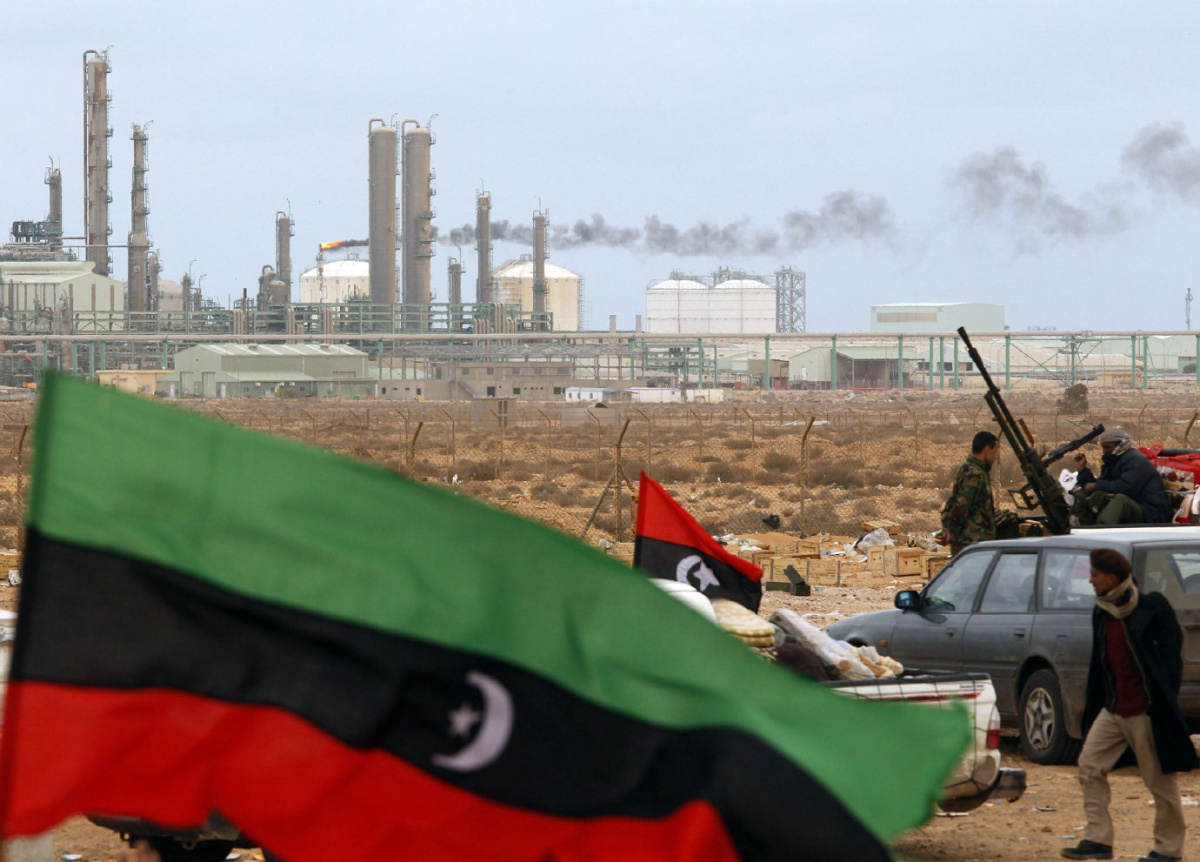Libya: state-run fuel smuggling costs $20 billion

Between 2022 and 2024, an escalation in state-sanctioned fuel smuggling out of Libya has cost the North African nation roughly $20 billion, according to The Guardian on November 13th.
An investigative and policy organisation called The Sentry revealed in a report that fuel smuggling out of Libya, which is Africa’s most oil rich nation, “has escalated into a major national crisis.”
Sentry states that “politicians and security leaders who claim to serve the public and fight organised crime have, in fact, acted as the chief architects of Libya’s fuel-smuggling industry, often with backing from foreign states.”
Fuel smuggling is not a new problem for Libya. However, the report details that the sums involved surged dramatically following a leadership change at Libya’s National Oil Corporation (NOC).

The NOC is one of the few state institutions that operates across Libya’s east-west divide, which has effectively created two separate governments who have contested for power and legitimacy since Muammar Gaddafi’s regime was toppled in 2011.
A new policy was introduced by the NOC’s new leadership whereby abundant Libyan crude oil was replaced by imported refined fuel. This move was perhaps incentivised by Libya’s limited domestic oil refining capacity.
Nevertheless, by the end of 2024, imports had soared up to a peak of 41 million litres per day compared to just 20.4 million litres in early 2021. Such a vast increase could never realistically be compelled by any genuine surge in demand.
Instead, Sentry asserts that “more than half of the imported fuel [is] siphoned off by criminal networks”, exploiting public funds to generate vast private profit margins.
Sentry calculated that in 2024 alone, over $6.7 billion worth of fuel was smuggled out of Libya, a figure that could have tripled spending on the country’s fragile healthcare and education sectors.
To compound the deterioration in public services Libyan’s must face due to such rampant institutional embezzlement, “this illegal fuel exportation causes domestic shortages, forcing citizens to pay much higher prices at unofficial outlets, especially in Libya’s peripheral area,” according to the report.
This coordinated crisis of corruption has yet to show any signs of slowing down in 2025 either. On August 17th, Libya’s Attorney General announced that 86,000 litres of petrol and diesel were seized in raids in the north-western Libyan municipality of Ajilat. Authorities revealed that the fuel was being traded on the black market.
The most common destination for the smuggled fuel is the Sahel region, predominantly Chad, Niger, and Sudan. Saddam Haftar, son of eastern Libya’s de facto leader Khalifa Haftar, is reportedly the driving figure behind the illicit trade as he has harnessed his considerable influence over the NOC to augment coordination efforts.
Furthermore, Khalifa Haftar’s loyalists have allegedly been providing Sudan’s paramilitary Rapid Support Forces (RSF) with fuel on behalf of the United Arab Emirates, according to The New Arab plus agencies on November 13th.
Haftar has in fact been a key fuel supplier for the RSF, which has been accused by various international actors of committing war crimes, crimes against humanity, and genocide in Sudan’s western Darfur region during its civil war against the national military.
This support is motivated by what Sentry identifies as Haftar’s “deep loyalty to the Emirati government”. The UAE is allegedly the RSF’s principal backer and is extensively providing it with arms, intelligence, and funding in exchange for cheap gold extracted and smuggled out of paramilitary controlled areas in Sudan.
The Haftar coalition’s firm control over eastern Libya has also opened up considerable smuggling routes into the Mediterranean, with the fuel penetrating EU markets, most notably those of Italy and Malta.
The Guardian, The Sentry, Maghrebi.org, Libya Observer, The New Arab plus agencies
Want to chase the pulse of North Africa?
Subscribe to receive our FREE weekly PDF magazine













